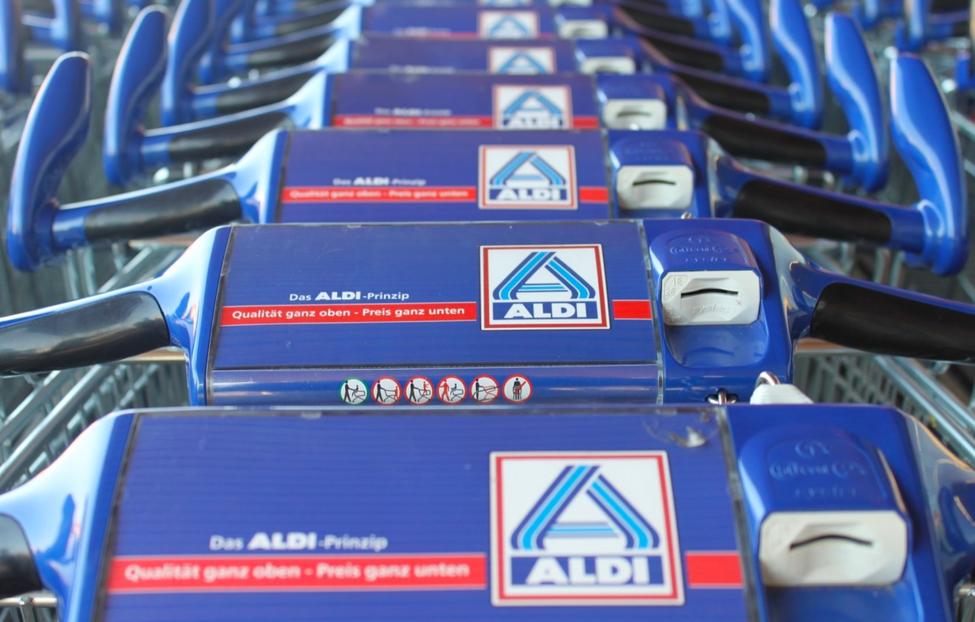Hard discount retailers have a competitive edge in the markets by dint of quality and cost. Since consumers are always on the hunt for high-quality items at cut-rate prices, hard discounter business models are always a popular option. In the retail sector, hard discounters are tasked with supplying their customers with essential goods at deeply discounted prices.

This is done without compromising the quality of the products, or the standards customers have come to expect. The multi-pronged challenges in the hard discounter business model warrant careful consideration from market players. For starters, these retail giants typically run a tight ship with efficient operations, low-price/high-quality items, a limited variety of products, and a higher ratio of affordably-priced, private label products.
Hard discount retailers must focus on limiting their range of products. To this end, less is certainly more. By doing this, hard-discount model retailers can offer a much higher volume of basic products for streamlined operations. Each category of products that is offered is limited, thereby ensuring that the company can make large purchases of each item to keep costs low.
Table of Contents
Lidl and Aldi Lead the World as Hard Discount Retail Operators

Source: Pixabay No Attribution Required
There are many examples of successful hard-discount retailers operating all over the world, notably the European favorite, Lidl and Aldi (a German corporation with multinational operations today). These companies have perfected a business model that works well by limiting SKUs on offer, thereby assuring these companies of frequent purchases.
Since hard discounter business models are in the business of low-cost operations, it’s difficult for them to establish customer loyalty programs. They don’t do frills as a rule, and this can have an adverse effect on customer loyalty in today’s times, despite the financial costs. However, with so many companies competing in the hard discounter space, it may not be disingenuous to start offering customer rewards.
Since customers are motivated by savings, deeper discounts can certainly resonate with hard discount store customers too. Loyal shoppers feel that they deserve to be treated with kid gloves, since they are the lifeblood of the business. As such, various hard discounter businesses are starting to consider their options vis-à-vis personalization for hard discounters in the form of hidden promotions which don’t compete in a ‘price war’ style-scenario with other hard discounters.
Limited Variety of Products – Maximum Bang for your Buck!
It is highly irregular for hard-discounter businesses to stock a majority of brand label products. Rather, you will likely see a minimal percentage of all products in-store being recognizable brands. These are known as private-label products. By opting for ‘no name brands’, the companies can keep costs much lower than competing supermarkets like Publix, Walmart, Costco, and the like. Perhaps the most popular US hard discounter is Aldi – a no-frills brand.
There are many benefits to implementing the hard discounter business model, vis-a-vis quality over quantity, and private labels. By focusing on quality, the types of products that are stocked with private label brands take precedence. That’s why there is a limited product range. If the supplier does not meet the high standards of the hard discount retailer, the supplier will be replaced. Since suppliers are eager to lock in contracts with hard discount retailers, they will try to comply with the standards that have been set.
Cutting Costs to Remain Ahead of the Pack with Hard Discount Business Model

Source: Pixabay No Attribution Required
Hard-discount retailers typically turn over their inventory on a regular basis. This is the key to their success. Reduced working capital and frequent deliveries ensure that this business model works. It is possible to optimize this type of business by way of logistics practices known as cross-docking. This eliminates storage costs. Once again, Aldi comes up trumps in this regard since 90% of its products are distributed in this way.
Efficiency of operations is another feature of hard discounter businesses, particularly during the checkout process where there is no lingering. The absence of plastic bags, limited customer support, pay-to-use shopping carts, no-frills displays, and smaller store sizes are all geared towards reduced costs of operations. By doing away with all of these costs, these companies can offer cut-rate prices on their limited range of products.
It is rare for these types of businesses to have any type of marketing activity, since this raises the cost of operations. Rather than spending money on advertising, these companies tend to focus on high-quality and low-costs as their chief calling cards. In other words, the business sells itself!

